“Which life writing book is best for me?”
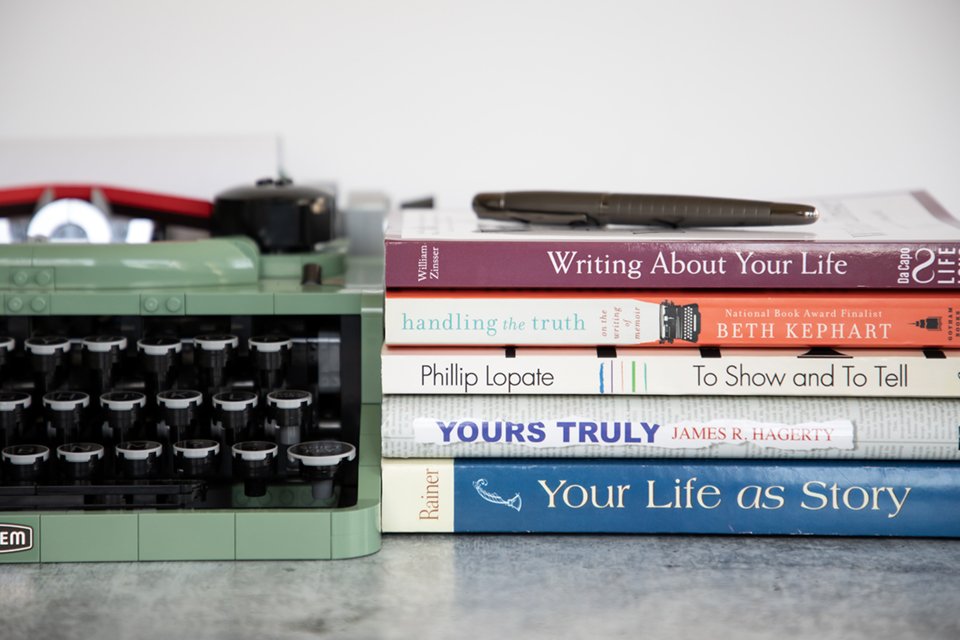
From the many, many craft books on my bookshelves, these are the five I consider essential for anyone endeavoring to write about their life.
If there’s a book out there about how to write memoir, autobiography, personal essays, or narrative nonfiction, I’ve probably read it. There are plenty that may be worth a read, but there are only a handful that I would consider essential for every life writer’s bookshelf.
Here I aim to classify my top five life-writing titles by who each one is best for. Click if you are…
a journalist or student aiming to up your personal essay game
anyone hungry for personal narrative guidance, including writers of every level
anyone who wants to make sure their story is told the way they want
And before we get to the heart of things below, I’ve written elsewhere about some books that are great choices for other scenarios, too; find those recommendations by clicking if…
“To Show and To Tell: The Craft of Literary Nonfiction” by Phillip Lopate
Best for:
Journalists and students aiming to up their personal essay game
in brief:
While the book jacket touts this title as a “nuts-and-bolts guide to writing literary nonfiction,” I would argue that it is more a collection of insightful lessons from this expert’s vast experience rather than a how-to guide. Widely regarded as one of the best personal essayists around, Phillip Lopate has here collected his ruminations and conclusions about the genre of personal narrative as a whole. If you’re in the mood for a well-informed, sometimes cheeky, always smart exploration of writing literary nonfiction, then this book’s for you. It’s an apt choice for anyone wanting to finesse their writing skills, to hone their craft, and to luxuriate in the history of the genre; if you’re in search of a book with more direct guidance, I recommend one of the last two entries on this list instead. [To Show and To Tell: The Craft of Literary Nonfiction, Free Press, 2013]
Author’s credentials:
Phillip Lopate directs the graduate nonfiction program at Columbia University. Among the 12 books he has written, three of them are personal essay collections.
“Handling the Truth: On the Writing of Memoir” by Beth Kephart
Best for:
Aspiring memoir writers
in brief:
“Teaching memoir is teaching vulnerability is teaching voice is teaching self,” Beth Kephart writes, a fair summation of her approach to teaching, in the classroom and in print. As I have written in a previous review, here the author “spends a good portion of the book on what she calls ‘not-yet-writing-memoir work’—preparatory ideas, tapping memories, conjuring beauty, exploring diversions, finding your story,” but she also delves into the nitty-gritty of getting words down on paper, of editing and honing and creating art from experience. Handling the Truth is a must-read for anyone at any stage in the memoir writing process. [Handling the Truth: On the Writing of Memoir, Gotham Books, 2013]
Author’s credentials:
Beth Kephart is the award-winning author of more than 30 books, including multiple memoirs. She is a longtime writing teacher—of creative nonfiction as a professor at the University of Pennsylvania, and as co-founder of Juncture Workshops.
Bonus:
If you relate more to the word “aspiring” than “memoirist,” you may want to check out Kephart’s companion workbook, Tell the Truth. Make It Matter (CreateSpace, 2017), in which prompts and exercises put you on the path to remembering and meaning-making.
“Your Life as Story” by Tristine Rainer
Best for:
Anyone hungry for personal narrative guidance, including writers of every level
in brief:
When I first encountered this book years ago, it was a loaner from my local library. By its due date it had amassed a ridiculous number of yellow sticky notes hanging off the pages, each marking a passage I felt was revelatory or essential. Needless to say, I bought my own copy soon thereafter.
First published in 1997, this book’s subtitle and grounding premise—“discovering the ‘new autobiography’”—might seem off-putting. By now, I hope that we no longer need to define and justify memoir’s raison d’être, nor the assumption that it is “available to everyone.” That said, get past any reservations you may have about the book being dated, because it is chock-full of concrete writing advice, real inspiration, and helpful exercises. Rainer herself encourages readers to jump around, to use the table of contents and index to navigate the book to find what they are needing at that moment in their writing journey. As she says, “The purpose of this book is to give you the tools to see story in your life, and then, if you choose, to give it shape in writing so it can be shared.” So grab your highlighter and a blank journal and dig in! [Your Life as Story: Discovering the ‘New Autobiography’ and Writing Memoir as Literature, Tarcher/Putnam, 1998]
Author’s credentials:
Tristine Rainer’s first book, The New Diary, was written in 1977 and is still the bestselling book on journal writing, according to Amazon. She has taught writing at the university level for decades, and was a founder of the Center for Autobiographic Studies.
“Writing About Your Life: A Journey Into the Past” by William Zinsser
Best for:
Newbie life writers and family historians
in brief:
“My purpose in this book is to give you the permission and the tools” to write about your life, Zinsser puts forth in the introduction. His conversational, warm writing style is accessible and supportive. Readers learn about his writing choices—decisions he made about tone, language, structure, and all those fundamental elements of craft—as he takes them along on a wonderfully enjoyable ride of personal storytelling and instruction. He calls this a “double journey into memoir—yours and mine.” In addition to concrete tips for how to write your life story, Zinsser delivers hefty doses of confidence bolstering and inspiration by example. [Writing About Your Life: A Journey Into the Past, Marlowe, 2004]
Author’s credentials:
William Zinsser was a writer, editor, and teacher. His enduring classic, On Writing Well, grew out of a course he taught at Yale. Some of his other books include Inventing the Truth: The Art and Craft of Memoir and Extraordinary Lives: The Art and Craft of American Biography.
“Yours Truly: An Obituary Writer’s Guide to Telling Your Story” by James R. Hagerty
Best for:
Anyone who wants to make sure their story is told the way they want
in brief:
“When is the best time to get started? Before it’s too late. How about right now?” James Hagerty proffers in the introduction to this book. It’s advice I give often, as well, and the best part about his book Yours Truly is that he equips you with lots of straightforward writing advice and carefully selected first-person pieces as examples so you can hit the ground running. You may be surprised that a book with “obituary” in the subtitle is infused with humor, but make no mistake, this is a book about honoring life in all its weird and wonderful glory—not only a great read, but a model to write your own. [Yours Truly: An Obituary Writer’s Guide to Telling Your Story, Citadel Press, 2022]
Author’s credentials:
James R. Hagerty worked for more than four decades as a reporter and bureau chief at the Wall Street Journal and was for some time the paper’s only full-time obituary writer.
bonus
Check out this earlier post for a deeper dive, with five life writing (and life) lessons derived from Hagerty’s book.
Brave the Page by trauma-informed writing coach Megan Febuary shares how to probe memories, write about your hard experiences, and find healing.
You start out with excitement and fervor—blank pages are feverishly filled with stories about your life. But what can you do when your memoir momentum wanes?
By holding as your goal the idea of ‘writing your memoir,’ you are focused too soon on the end goal. Instead, think about writing towards your memoir.
Are you nervous about undertaking a life story project? Working with a personal historian or memoir coach can help alleviate many of the most common fears.
Is there ever really a ‘right’ time to start writing your memoir? There’s not, in my opinion, but here are two questions to ask yourself to help you decide.
Writer’s block can happen to the best of us. This simple idea—keeping a notebook of self-generated writing prompts—will keep your memoir ideas flowing.
Looking for a meaningful gift for your parents? An annual subscription to our Write Your Life memory and writing prompts may be just the thing—or, maybe not.
Learn about our Write Your Life course, providing memory prompts, writing guidance and a dose of inspiration to anyone who wants to preserve their stories now.
Here’s one time I gave in to my client’s preferences that still haunts me: Why we did not identify people in any of the photos in their family history book.
While your memoir is telling your stories in your words, a family tree chart outlining your relationships has a real place in that book—here’s why.
The first draft of your life story is likely to include some stuff you decide to cut later—but should none of your challenges make it into your final book?
Good writing prompts will rid you of blank-page anxiety—and you can easily write your own! Here, 5 steps to drafting a library of personalized memoir prompts.
While a journal called “Memories from Mom” or “Grandma’s Life Story” may be brimming with good intentions, the fact is that most of them remain mostly blank.
While all five of these books add value to any memoirist or life writer’s library, I’ve identified which is best for you based on your goals and experience.
A love letter (or book!) overflowing with memories makes a thoughtful anniversary gift. Here, 14 writing prompts to help you honor—and surprise—your partner.
Wondering if 52 weeks of memory prompts will help YOU write about your life at last? Here, answers to the most commonly asked questions about Write Your Life.
Every week you’ll get themed prompts to stir your memories, tips to write your stories with ease, and more! A unique gift for your loved one (or yourself)!
Sometimes all it takes to get unstuck with your personal writing is paying attention. Here are some easy (fun) ways to come up with journal writing prompts.
Ready to edit your family history or life story book? Follow these three tips from a personal historian to ensure everything is clear for your descendants.
This new book by Ruta Sepetys, You: The Story, is a great tool for those who want to use their own life experiences to inform their fiction writing.
Have you ever thought about what will happen to your diaries—who will read them, how you may one day use them? Join me as I consider this profound question.
Photos that have no captions will leave readers of your heirloom book guessing. Make sure to write captions that either tell a story or provide vital details.
Smells (such as of Mom’s perfume or Grandpa’s grease-stained clothes) and sounds—especially music—can trigger long-buried memories helpful for writing memoir.
Why leave your legacy in the hands of someone else? Try your hand at writing your own obituary with these tips—it just may be the start of your mini memoir.
Don’t let all those memory-keeping ideas swirling around your head overwhelm you. Instead, take some time to hone in on which stories to tell first—here's how.
Ethical wills—also called legacy letters—are great ways to pass on values and life lessons to your descendants. These two books will help you create your own.
Any life story book passed down to the next generation is a gift—but it's an even better gift if it sounds like the real you: Write with your authentic voice.
Research and fact-checking are integral parts of creating your memoir—but there's a good chance that it may be getting in the way of your actually writing it.
I might not have time for the full-fledged memoir I want to write, but I can make time every day for this easy and significant journal exercise—and so can you.
Brave the Page by trauma-informed writing coach Megan Febuary shares how to probe memories, write about your hard experiences, and find healing.
Looking for a meaningful gift for your parents? An annual subscription to our Write Your Life memory and writing prompts may be just the thing—or, maybe not.
What better way to scope out if a personal historian is a good fit for you than to hear about others’ experiences, in their own words? I am humbled and proud.
Shana Novak photographed 100 personal keepsakes and shares the heartfelt stories behind each in her beautiful new coffee table book, “The Heirloomist.”
While all five of these books add value to any memoirist or life writer’s library, I’ve identified which is best for you based on your goals and experience.
These three titles—two hybrid cookbooks and one genealogical look at preserving food memories—dish up lots of inspiration for making your own family cookbook.
This new book by Ruta Sepetys, You: The Story, is a great tool for those who want to use their own life experiences to inform their fiction writing.
Ethical wills—also called legacy letters—are great ways to pass on values and life lessons to your descendants. These two books will help you create your own.
“Survivors: Faces of the Holocaust” will be on display in New York City until the summer of 2023—here’s why you should see the exhibit's powerful photographs.
This small yet dense self-published book comprises nine essays in which writer Sara Mansfield Taber aims to answer “the questions that plague the memoirist.”
Favorite food memoirs that deliciously incorporate recipes and sense memories—fine examples of how you, too, can weave a personal narrative inspired by food.
Here are my top picks for RootsTech 2022 sessions teaching about family storytelling and photo legacy. They’re all free, and you've got a year to watch!
Personal historian Dawn Roode of Modern Heirloom Books lists her most anticipated books of 2022 for fans of memoir and the craft of writing. Mark your faves!
Memoirs by Sarah Manguso, Beth Ann Fennelly, and Beth Kephart each weave together short narratives to create evocative, textured self-portraits of the writers.
Ever wonder what it might be like to work together on your OWN heirloom book project? Listen to past clients' feedback—and words of thanks!—to get inspired.
If writing about your life isn't for you, how about drawing it? Ideas for using a sketch journal to capture your memories, plus the book that will inspire you.
Introducing the two-word writing prompt guaranteed to keep your memories and your pen flowing, plus the book by Joe Brainard that inspired it: “I remember...”.
Meet the story- and food-loving host behind the inspiring podcast The Storied Recipe, then click on a few of my favorite episodes for a taste of her interviews.
Bruce Feiler's latest book, Life Is in the Transitions, offers up a helpful toolkit for dealing with life's curveballs through a lens of storytelling.
Memoir reading suggestions to inspire your own vignette-style life story writing, from Annie Dillard and Kelly Corrigan to Robert Fulghum and Sandra Cisneros.
Each of these powerful podcasts comes in at under an hour: Listening recommendations on memoir, narrative structure, family secrets, writing prompts, and more.
RootsTech 2019 offers opportunities for accessing the family history conference from home. Highlights, and how to get the most from your virtual experience.
Watch the 2012 film Stories We Tell as much for the dramatic exploration of one family's narrative as for the questions it raises about the malleability of truth.
In his 1996 documentary Nobody’s Business, Alan Berliner interviews his father about family history. The result is a poignant study of the nature of memory.
Podcast recommendations for life storytellers, creative entrepreneurs, oral historians, and anyone who loves a captivating first person story.
Humans of New York creator reveals his insights on why people open up—and it’s not the questions. How being 100 percent present invites honest storytelling.
Under One Roof at NYC’s Tenement Museum is a must-see exhibit: First person testimony (and authentic furnishings) bring 3 families’ immigrant experiences to life.
In Tell the Truth, Beth Kephart offers up a wonderfully original series of memoir-writing prompts that encourage self-reflection & striving toward the universal.
While there are lots of lists of family history questions on the web, here are 3 places to find unexpected questions that lead to meaningful life story writing.
The new Google PhotoScan app allows users to digitally capture their old family photos with ease—and without glare. While the app isn't ideal for scanning high-resolution images for use in print, it has enormous value in quickly and effectively scanning those precious boxes of old family photos you—and your extended family members—have lying around your homes. See why it's a recommended download.



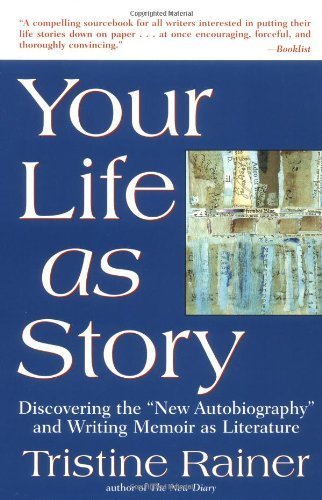


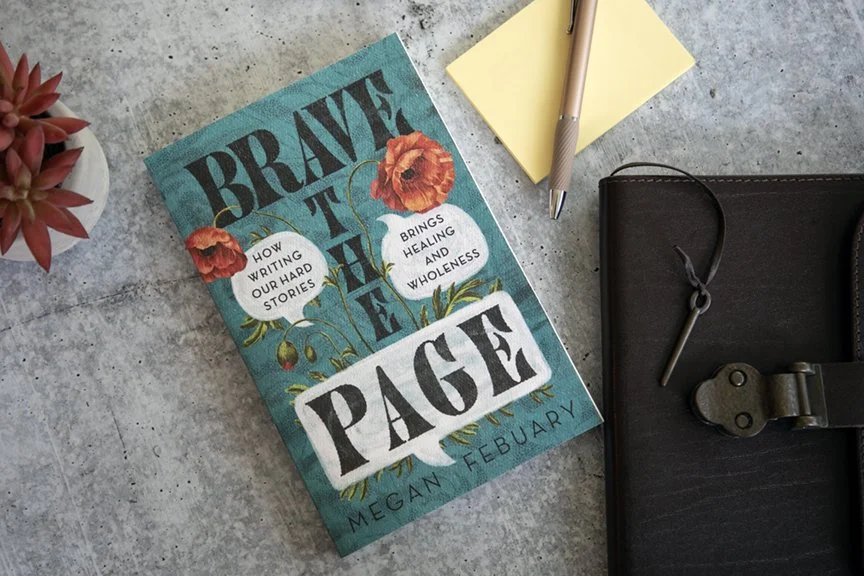






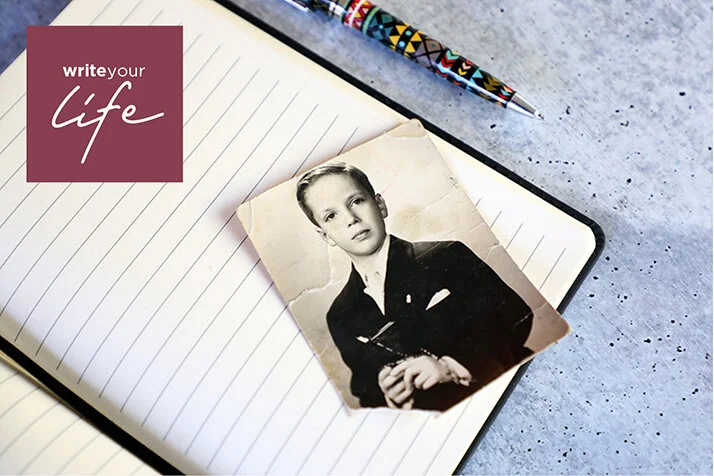








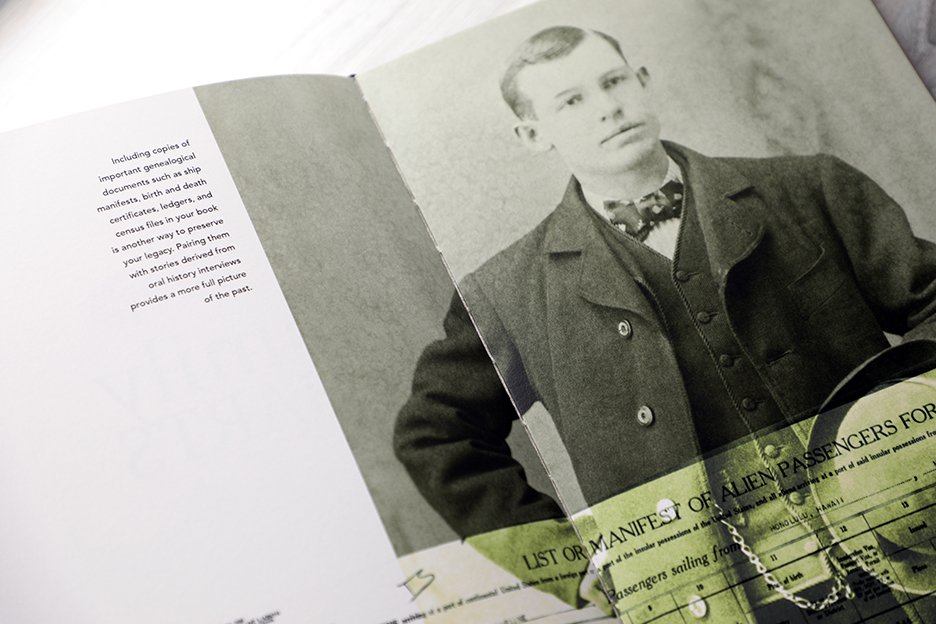




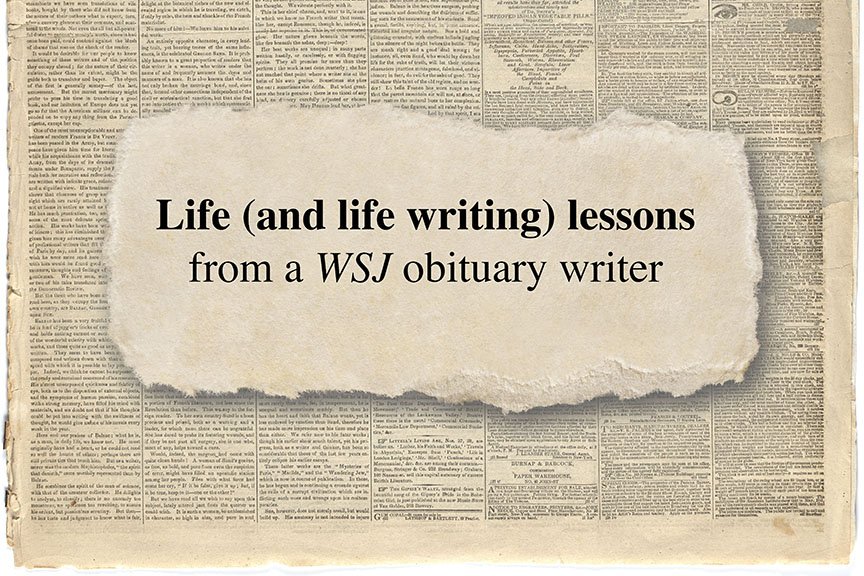










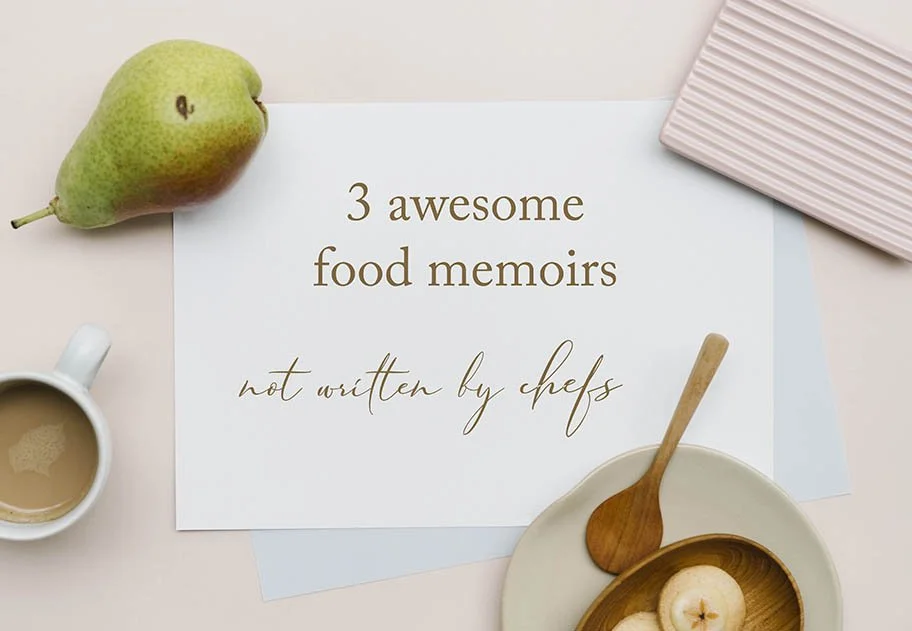

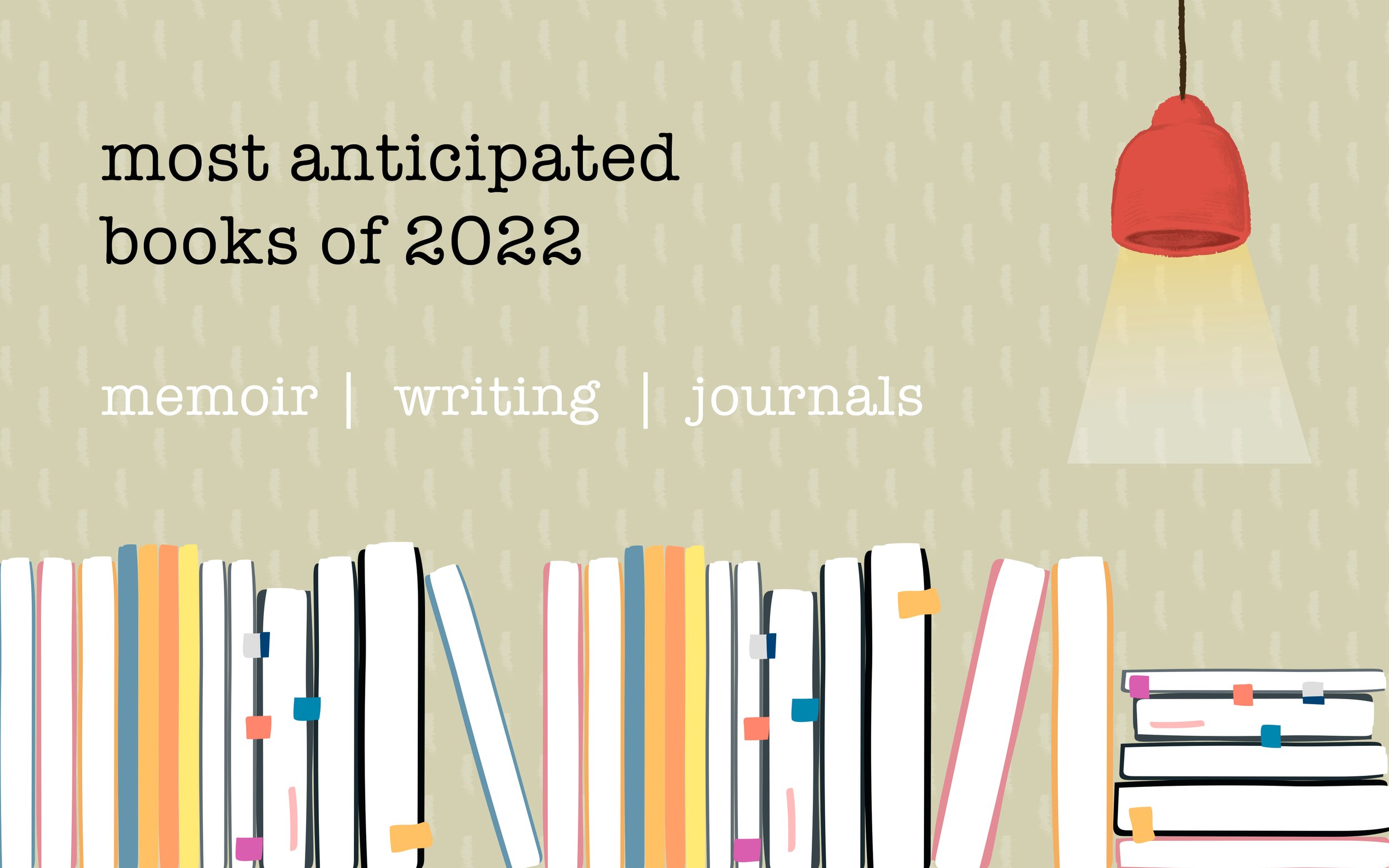
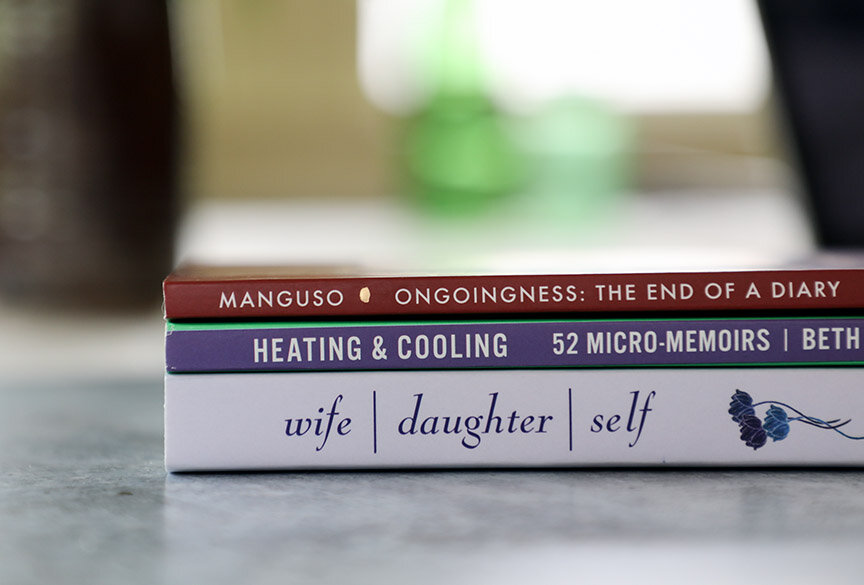

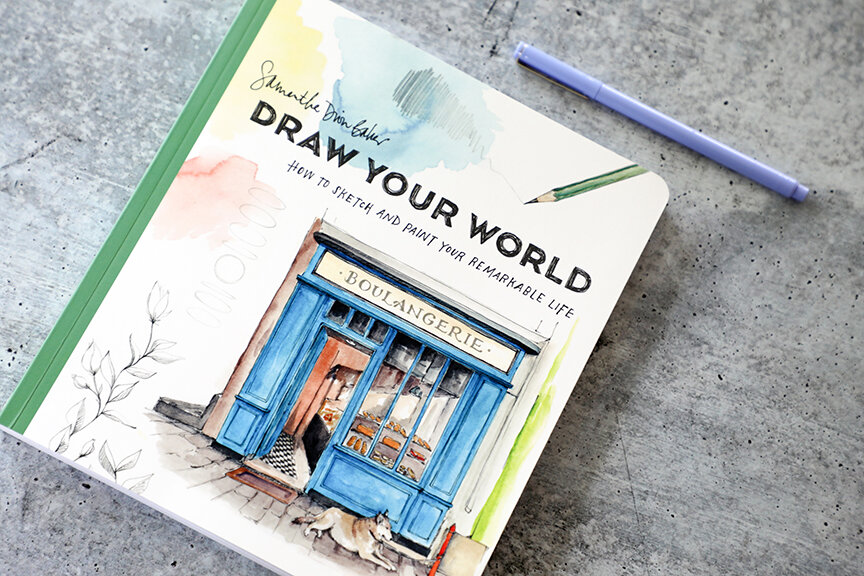



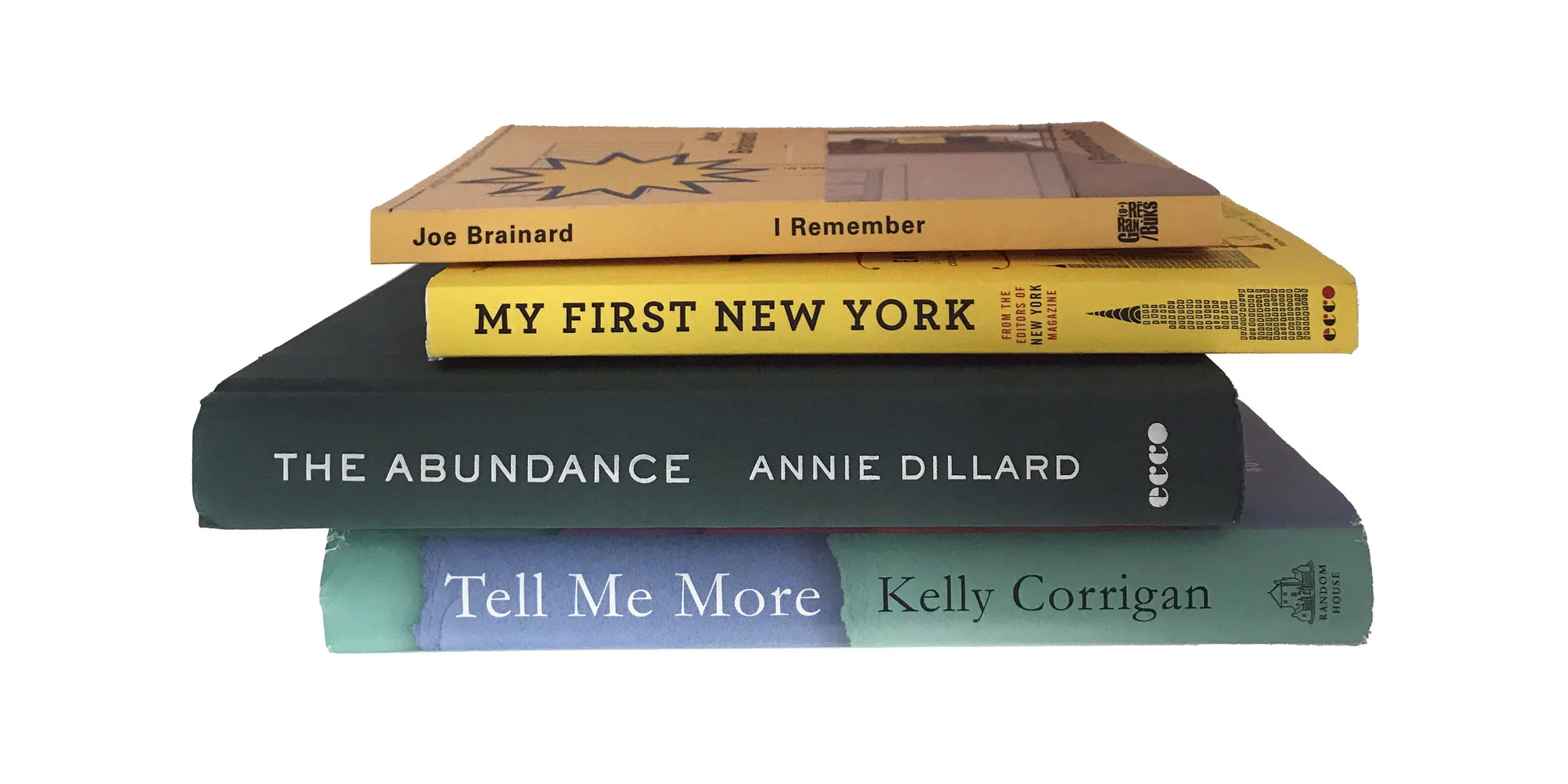





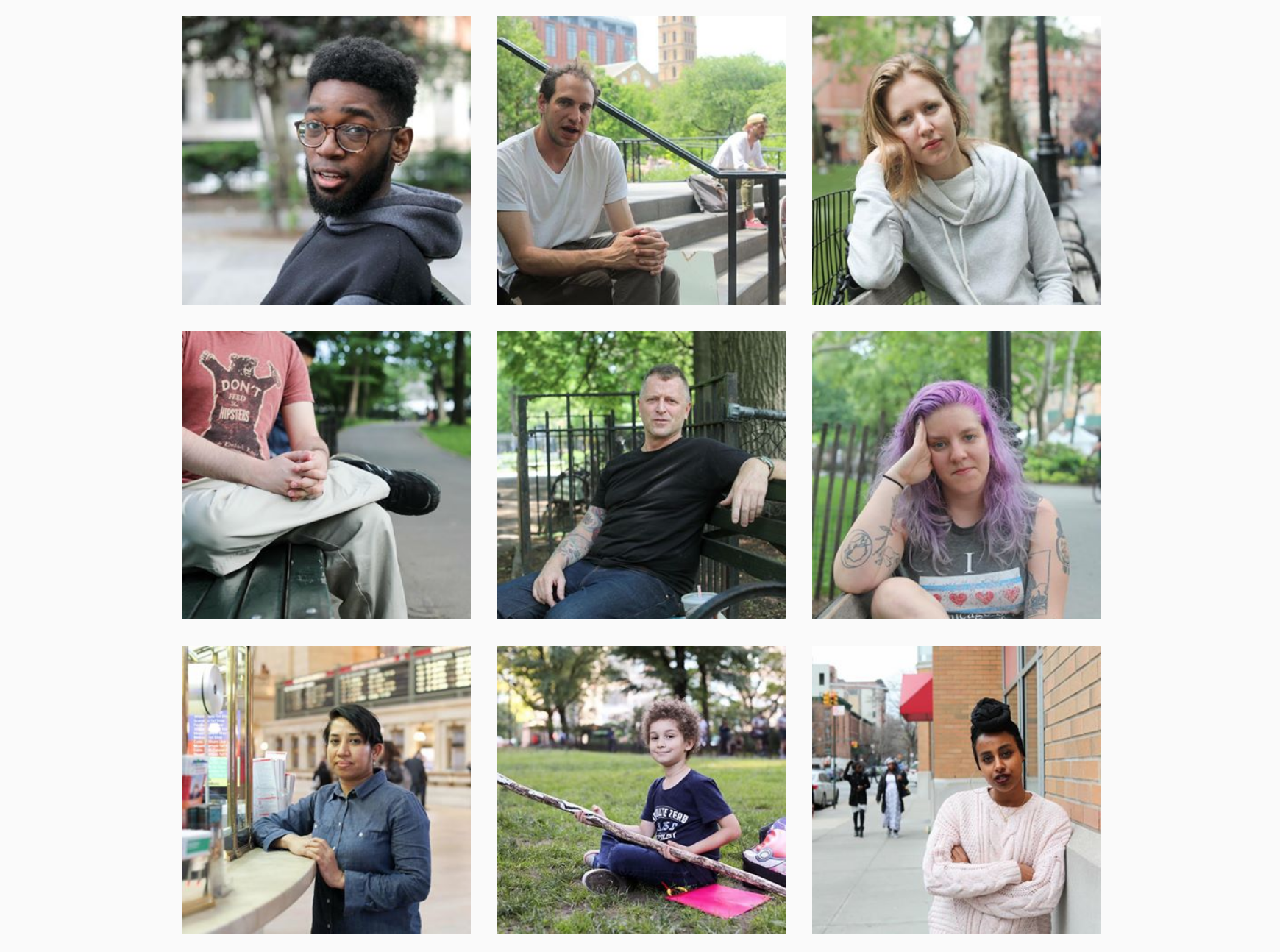




Four steps to help you turn spoken stories into engaging written narratives—so once the family history interview is done, you can create a lasting legacy.